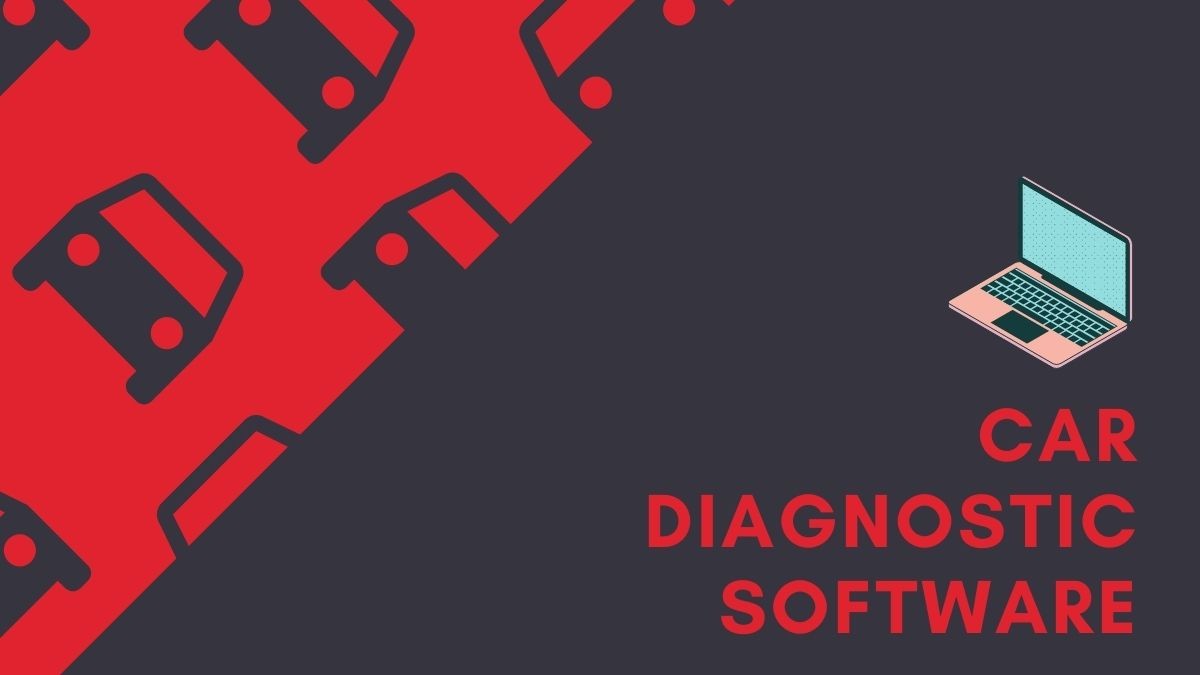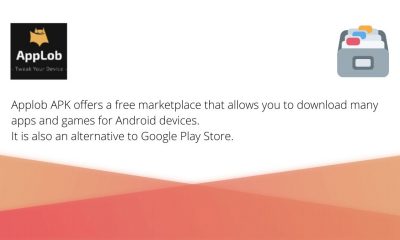App Development
Python for App Development
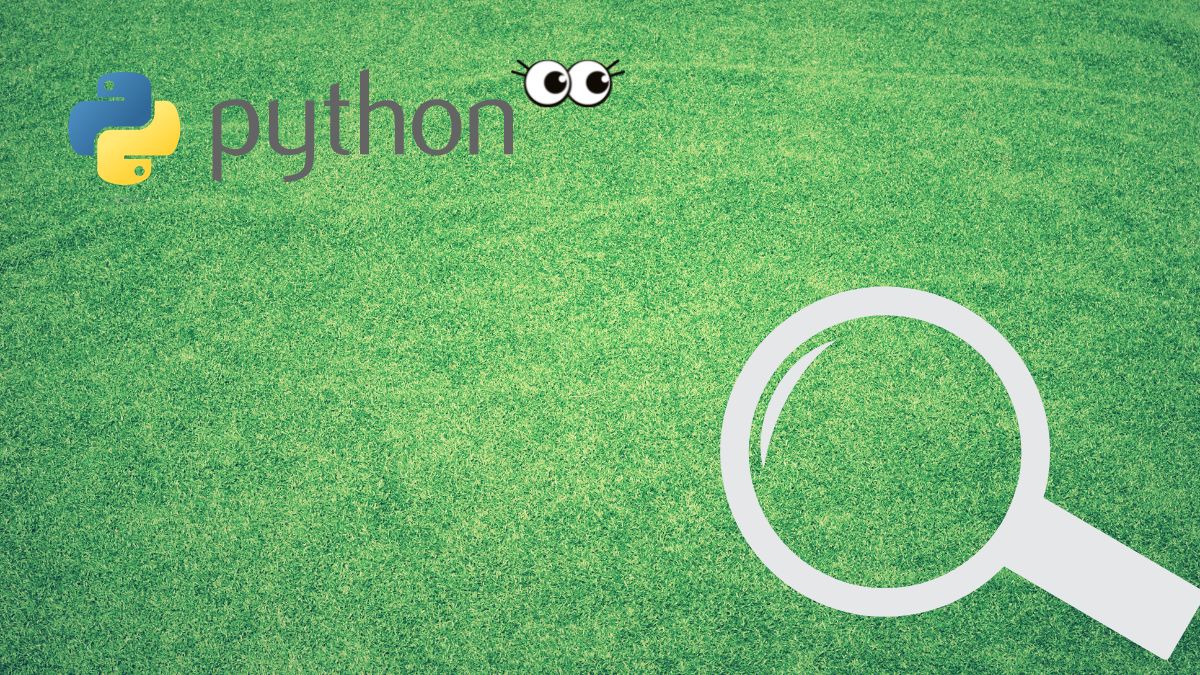
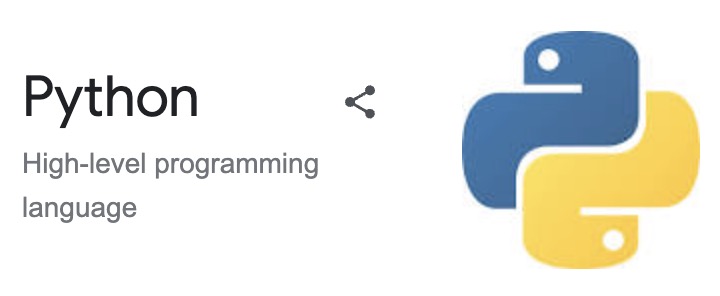
Ready to take your app development skills to the next level? Look no further than Python! Python is the perfect programming language to add advanced features and create cutting-edge apps that will keep users coming back for more. Get ready to explore the world of app development with python – the possibilities are endless!
Introduction to Python App Development
Python is one of the premier, flexible, and powerful open-source language that is easy to learn, easy to use, and has powerful libraries for data manipulation and analysis. Python App development has become increasingly popular due to its flexibility, scalability and performance. Many of the world’s leading tech companies such as Google, Facebook, YouTube are using Python for their core infrastructure.
First appeared: 20 February 1991
In this introduction to Python for App Development we will look at the essentials of programming with Python with a focus on creating App development projects. We will also explore how setting up your development environment with an appropriate version of python can make coding simpler and more enjoyable. The topics covered include setting up your workspace for development in an OS(Windows or Mac OSX) then install the python interpreter, downloading any necessary IDE(Integrated Development Environment).
We will discuss common design patterns and learn software engineering concepts behind building apps using python such as Object Oriented Programming Principles (OOP), SOLID Principles(Single Responsibility Principle (SRP), Open Closed Principle (OCP), Liskov Substitution Principle (LSP), Interface Segregation Principle (ISP) , Dependency Inversion Principle (DIP)), Data Structures & Algorithms relevant to app development , functions & loops , classes & modules , file handling etc. We will also look at how to use specific packages suited for app creation including Numpy for scientific computing in Python; Flask/ Django web frameworks for server-side programming; TKinter/ Kivy/ Pygame packages in UI design . It is expected that by the end of this tutorial you’ll be able to develop an application from scratch independently.
Benefits of Using Python for App Development
Using Python for app development has numerous advantages and provides many ways to make development time easier, faster and more efficient. Python is an ideal language for mobile app development since it enables developers to quickly and easily make apps within a shorter period of time.
Python is considered a versatile language due to its expansive library of built-in modules, making it easy to find solutions for complicated tasks related to mobile app development. Additionally, Python also helps reduce bugs in code due to its simple syntax that prevents developers from writing complex code unnecessarily.
Python further offers an extensive network of experienced type-checking tools. This makes it possible for developers during the coding process to check the syntax even before running scripts or programs, allowing them plenty of time before deployment to investigate potential issues with their code.
Another benefit of utilizing Python is that developers can make use of wide range of components that have already been written in different languages and integrate them into their codebase easily. This allows them to stumble upon existing solutions and utilize them instead of reinventing the wheel. The readability factor involved in using Python makes debugging an easier process compared other programming languages out there.
Overall, using Python for app development offers various benefits stemming from readability, flexibility and easy integration with various components that can help accelerate the application build overall process significantly for any internet or mobile project..
Challenges of Using Python
When developing apps, there are a number of challenges that arise when using Python. First, Python is an interpreted language and the code must be compiled before it can be run on a device such as smart phone or tablet. Compiling code for multiple operating systems requires different steps. This can be difficult for some developers, who may not have the necessary experience in using makefiles and other compilers to create cross-platform applications.
Another challenge with Python is its lack of support for native libraries. In mobile development, much of the functionality needs to be accessed through native libraries, which can require complex setup and custom coding. A further issue is that Python does not have many frameworks available compared to other languages. This means you’re more likely to need custom solutions when creating your app, which takes more time and resources than if you were working with a more supported language such as Objective-C or Java. Additionally, debugging capabilities are more limited with Python than they are with other languages due to its interpretive nature – finding anomalies in an app written in Python can be more difficult because the errors aren’t highlighted until runtime.
Popular Frameworks for Python App Development
Python is a versatile programming language with numerous applications, particularly in mobile and web app development. It is highly recognized for its easy-to-read, maintainable code and excellent scalability. Python is the preferred language of choice when developing a wide range of apps:
- social media activities,
- data analysis,
- artificial intelligence (AI),
- Internet of Things (IoT).
Developers have the option to use popular frameworks when developing apps in Python. Popular frameworks include Flask, Django, Pyramid and Web2py.
Flask – this minimalist framework offers more flexibility due to its lack of default project structure or database abstraction layers; instead it focuses on providing a simple API structure allowing developers to build quick prototypes or complex web services.
Django – this full-stack framework delivers an out-of-the-box solution ideal for building projects with the active support from its community due to its great documentation and user forums. It features object-relational mapping (ORM) which makes database manipulations extremely easy and fast for developers with no coding neededl compared to SQL code writing.
Pyramid – this framework provides a solid foundation allowing developers to customize their applications allowing them to start small while continuing through rapid prototyping successfully. Additionally it allows scaling down as easily as scaling up during this process.
Web2py – similarily to Django this full stack open source web purpose development framework offers both novice and professional developers alike the possibility of leveraging everything that comes courtesy with prebuilt components as well as features like AJAX form processing and simple drag & drop design elements without needing any configuration or complicated setup process. - Along with TensorFlow, PyTorch (developed by Facebook’s AI research group) is one of the most used tools for building deep learning models. It can be used for a variety of tasks such as computer vision, natural language processing, and generative models.
Tools and Libraries for Python App Development
When developing applications using the Python programming language, developers have a wide array of access to powerful tools and libraries that are available to create their applications. There are both general-purpose and domain-specific tools and libraries, ensuring that each application can build on the top of existing codebase as needed.
Popular Python toolkits for app development include TensorFlow, which is used for deep learning, Keras for machine learning applications, SciPy for scientific computing, Scikit-Learn for data mining and analysis, and Twisted for network programming. Additionally, many web frameworks exist to enable developers to quickly build web apps in Python— such as Django, Web2py and Flask.
For desktop GUI development purposes, there are a variety of options such as wxPython and PyQt that can be used to quickly create graphical user interfaces (GUIs) in an efficient manner. Data visualization tools like matplotlib, Seaborn and ggplot aid developers in communicating results clearly via charts and graphs.
Python also applies across different types of databases like MongoDB or Cassandra which allow developers to optimize databases access with Object Relational Mapping (ORM) libraries like SQLAlchemy or PonyORM. And specialized libraries exist that make storage into NoSQL databases faster and easier as well as making it possible to interact with web services such APIs or connect with other sysadmin tasks like remote execution via SSH or HTTP requests.
With so many choices available in the way of tools and libraries when it comes to Python app development the possibilities are truly endless!
Python App Development Tips and Best Practices
Python app development has become increasingly popular in recent years, mainly due to its widespread use in the software engineering world. It is praised for its simplicity and flexibility, but if you are new to coding with Python, you may find it difficult to get around. In this guide, we will provide some tips and best practices for effective Python app development that must be taken into consideration.
Firstly, when creating a project from scratch it is important to make sure that you have chosen the best data structure for your application; different projects require different data structures. The most common data structures used when writing applications in Python are dictionaries, lists and tuples; however, there are other types such as sets and classes which can also be beneficial for some tasks. Furthermore, the correct algorithms should be selected when coding in order to achieve maximum efficiency.
Another important factor is clarity of code; no matter how user-friendly your program may be without clarity of code maintained throughout your program’s structure, understanding and making changes afterward will become difficult as the complexity of your code increases. To promote readability of code it is necessary to format it regularly using space bars or functional comments accordingly so that everyone involved in development can easily understand what each line does even after months of working on a given project.
Finally tests should be conducted during development on all sizes of projects or programs to ensure correct functionality throughout – debugging should never stop! Once fully tested each iteration can then act as seen stable when delivered into a production system – just remember not to test an entire application at once unless necessary due multiple components being interconnected regardless of back-end implementation (e.g databases) functionality might change leading too total instability with the entire system at hand so use testing methods like unit-tests where applicable instead!
Security Considerations for Python App Development
The process of developing apps using Python comes with certain security concerns that must be addressed to ensure a successful outcome. Many app developers don’t take proper security precautions and end up with apps that are vulnerable to attack, compromising the user’s personal data and intellectual property. To mitigate these risks, it is essential to consider the following security considerations when developing any type of app in Python.
First, careful consideration must be given to authentication protocols employed in the app. This ensures that only authorized users can access sensitive data and confidential information stored within your application. Password protection techniques such as two-factor authentication and biometrics should also be used where possible to provide an additional layer of security for user accounts.
Second, developers should consider their input sanitation methods when designing an app to minimize potential threats from malicious users attempting to inject code into the application via forms or URL parameters. All input must be properly sanitized before processing by the application in order to ensure that only valid requests are being allowed through for further processing.
Third, when deploying an application on a server it is important to use secure credentials for both backend programming languages like Python as well as web server accounts such as those accessed through SSH keys. All passwords used in an application should also be encrypted before being transmitted across the network in order to minimize any potential loss due to hacking attempts or interception by malicious third parties while still preserving data integrity and security during transmission over the wire.
Finally, developers must think beyond just coding considerations when creating a secure application environment; they must also pay attention to physical security measures protecting their servers against unauthorized access or destruction/theft of hardware containing sensitive information or data structures associated with the project being developed in Python.
Conclusion
Python is an essential language for app development. It enables developers to create both mobile and web applications. Python can also be used to build machine learning and artificial intelligence models, which makes it an ideal language for those looking to develop complex applications. It is a highly versatile language that comfortable all levels of programming expertise. Experienced developers will find it easy to use, while beginners will appreciate the level of support Python offers in terms of libraries, frameworks, and tools. Additionally, the hard work of the open-source community means that new advancements are constantly being made available for those interested in coding with Python. All things considered, it’s a good option for anyone looking to start out with app development or take their projects to the next level.
-
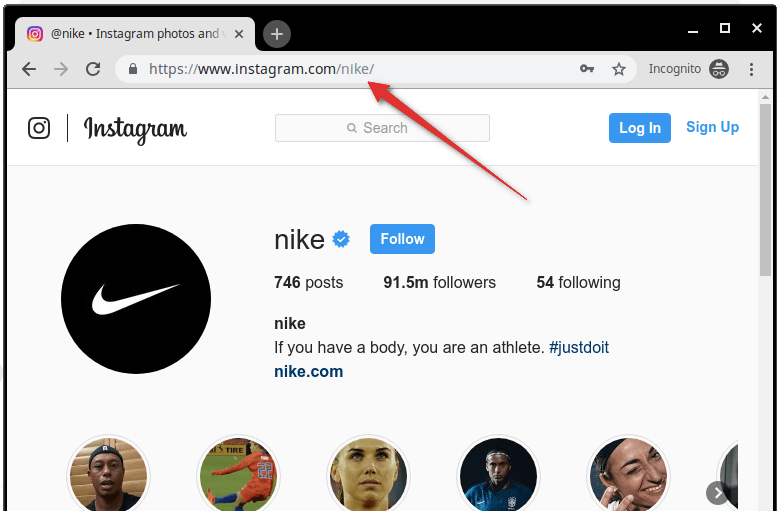
 Marketing Tips2 days ago
Marketing Tips2 days agoWhat is my Instagram URL? How to Find & Copy Address [Guide on Desktop or Mobile]
-
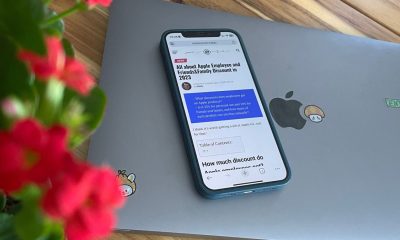
 Business Imprint3 days ago
Business Imprint3 days agoAbout Apple Employee and Friends&Family Discount in 2024
-
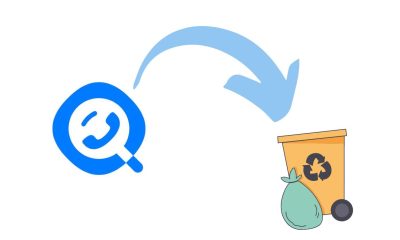
 App Development3 days ago
App Development3 days agoHow to Unlist your Phone Number from GetContact
-
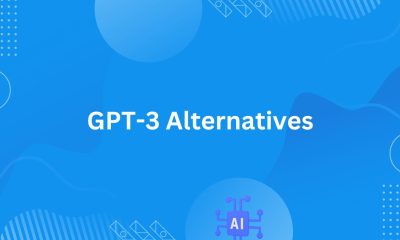
 News4 days ago
News4 days agoOpen-Source GPT-3/4 LLM Alternatives to Try in 2024
-

 Crawling and Scraping4 days ago
Crawling and Scraping4 days agoComparison of Open Source Web Crawlers for Data Mining and Web Scraping: Pros&Cons
-
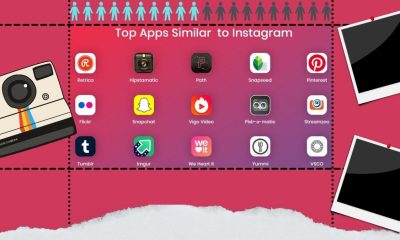
 Grow Your Business2 days ago
Grow Your Business2 days agoBest Instagram-like Apps and their Features
-

 Grow Your Business4 days ago
Grow Your Business4 days agoHow to Become a Prompt Engineer in 2024
-
Marketing Tips2 days ago
B2B Instagram Statistics in 2024


